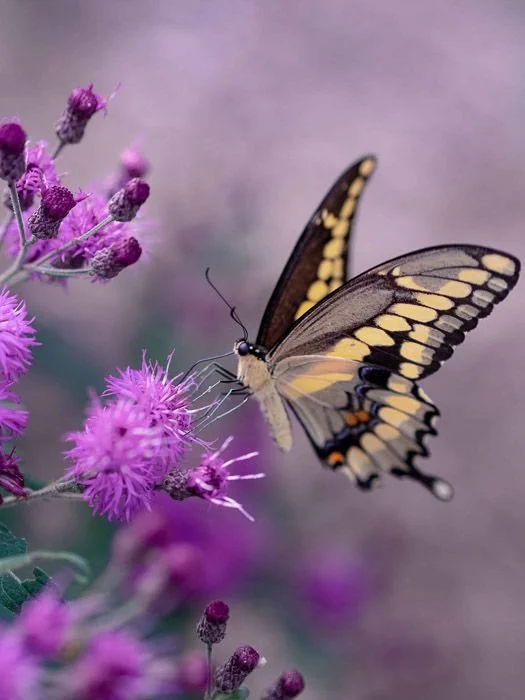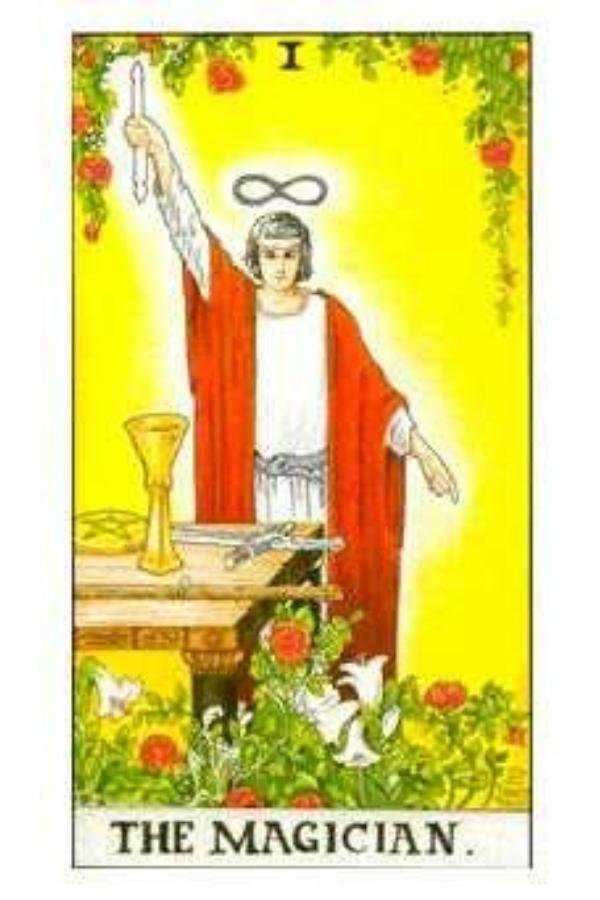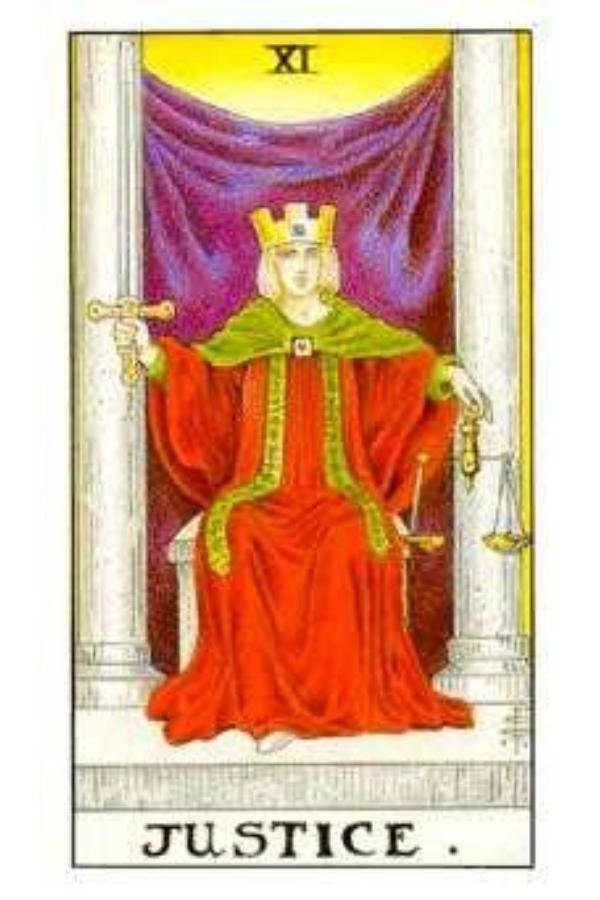Introduction
The Beginning of the story of my relationship with the Tarot cards started when, a long time ago, my new friend Margaret took a course on Tarot from a mysterious man. He impressed on her that she had a sacred duty to teach the Tarot wherever she went, and gave her a wooden box containing a new, Rider-Waite pack of Tarot cards, which he asked her to keep safe.
The Fool
The Fool is the first card of the twenty-two cards of the Greater Arcana of the Tarot, and is representative of the young, innocent person, at the beginning of life. Striding out, without fear or caution, life looks like an adventure. Ahead lies the great metamorphosis that takes place as the child grows and becomes a student, then a mature person.
The Magician
The Magician is representative of the adolescent, immature person first awakening to the wondrous gift of life. The flames of passion are rising, innocence is waning, and the will to take control of life is developing.
The High Priestess
The High Priestess represents the subconscious mind, with the turning within that is necessary to know the inner desires and promptings that so often guide us, seemingly irrationally. As said by the mystics of old, it is imperative that we do this difficult work of knowing ourselves.
The Hermit
The Hermit, card 9, represents inner light being cast into the darkness of ignorance. This is the teacher who leads us in the ways of wisdom.
The Empress
The Empress is symbolic of our emotional side. The mature human being must learn to deal with this facet of human nature. It is necessary to recognize an emotion when felt, name it, and then control it. To control a negative emotion, one must use it as a lever to create change. For instance, jealousy shows what we want for ourselves. Are we prepared to do the hard work necessary to achieve what we envy in another?
The Wheel of Fortune
The Wheel of Fortune, card 10, represents the wealth of emotions we all can feel. It can be a turmoil, uncontrolled by us, or it can be something that we can regulate. We can choose to learn to love non-judgmentally or allow our envy and hatred to rule us. We can choose to accept other people, and the world, as they are, or decide we must create our own utopia and force others into it.
The Emperor
The Emperor is symbolic of our reasoning powers. As humans grow and mature, our brains develop the ability to think and reason. This tool allows us to understand and control our subconscious mind and emotions.
The Hierophant
The Hierophant, to me, is representative of the inner wisdom and knowledge we can gain from learning about the societies and associations, secular, religious and political, created by people. Each of these organizations has its ideology. As we mature and experience life, we can understand more and more of these different worlds, and how they resemble and interlink with each other. Human behavior is revealed. As we observe our own interaction with these worlds, we can gain knowledge of ourselves, and this leads to deeper knowledge of others.
The Hanged Man
Can we bear the pain as we labour to mold ourselves to be the best we can be as shown in The Hanged Man, card 12, to bring to life the beautiful butterfly person we are meant to be?


















